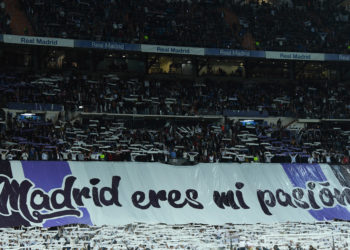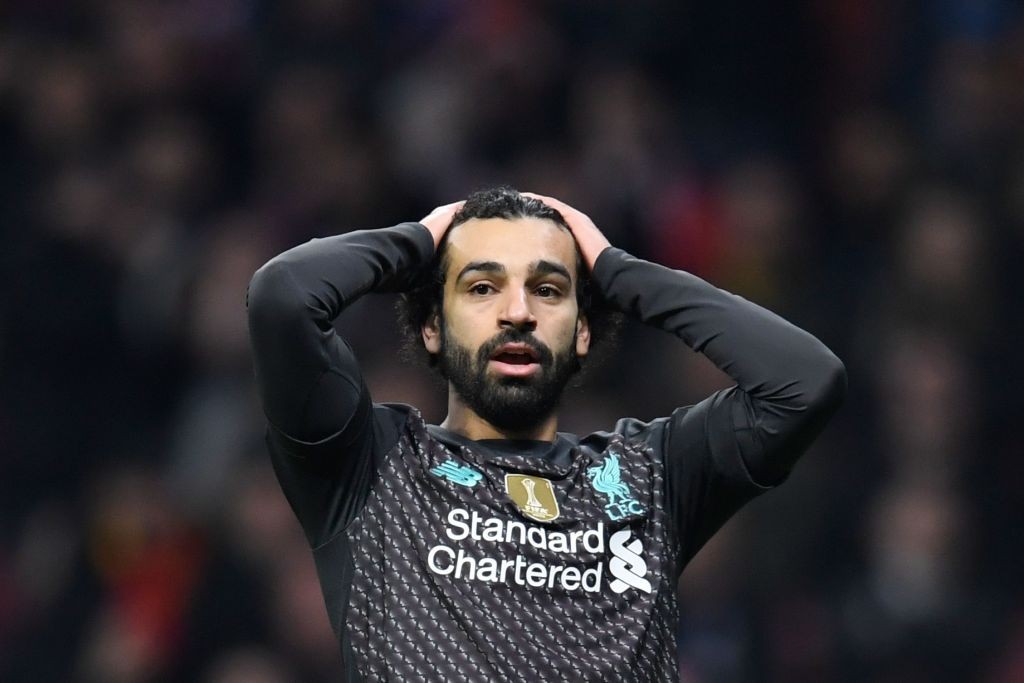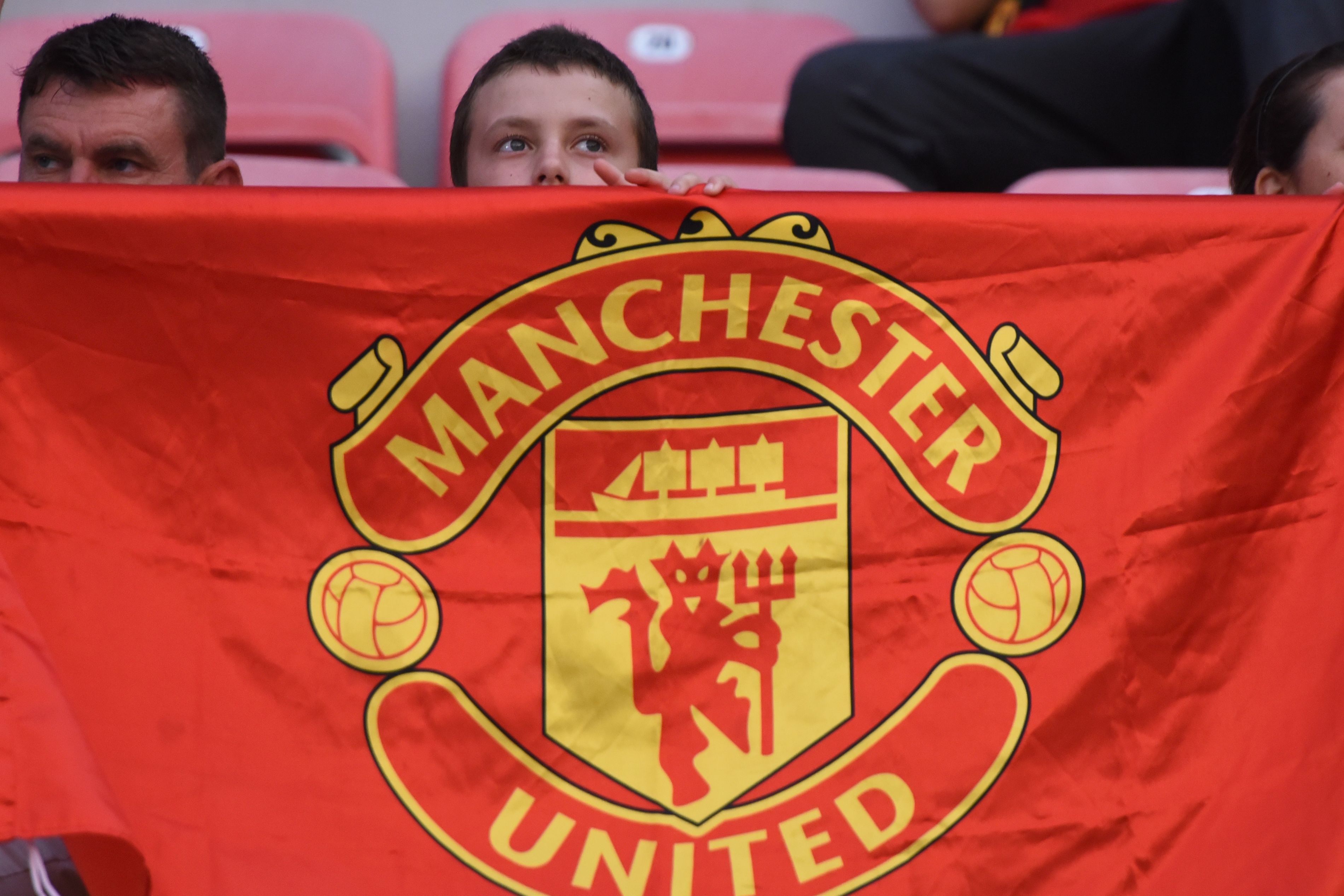The football world has lost a legend this week, with Franz Beckenbauer breathing his last. We take a look at Der Kaiser and the legacy he leaves behind.
The footballing world is in mourning after losing a one-of-a-kind figure in its storied history. Fran Beckenbauer, perhaps the greatest ever defender to grace the game, is no more after passing away due to natural causes on January 7, aged 78.
There are very few figures in the history of the game who left an indelible mark both as a player and a manager. Such has been the predicament that a legendary footballer becomes cursed not to stamp his authority in the managerial world. Franz Beckenbauer was a rarity on that account.
In the modern world, Pep Guardiola, Didier Deschamps, and Zinedine Zidane have been three exceptions to the so-called “rule”. But much before Guardiola, Deschamps, and Zidane wowed the world with their tactical exploits, Mario Zagallo and Franz Beckenbauer were the anomalies. But Beckenbauer, in particular, was a trailblazer unlike any other.
A native of Munich, the young Beckenbauer was a budding midfielder who did not initially have aspirations of becoming a defender. But as fate would have it, he scripted a lasting legacy as one of, if not the greatest defender of all time.
A TrailBlazer Far Ahead of His Time
The legendary German was far ahead of his time, inventing the role of “libero”, which has become a fashionable function for a modern-day centre-back. He was, after all, the first ball-playing centre-back after experimenting in his position as a sweeper in 1968.
Fast forward to 2023, and centre-backs are written off if they are not comfortable with the ball at their feet. Such has been the advent of possession-based systems in the game that every player in the team needs to be a progressor to complete the setup.
But Beckenbauer spearheaded the role decades ago, taking the game by storm with his vertical game as he charged through the field and ran rings around the opposition. But that was not all, as he had the physicality and tactical acumen to keep the toughest forwards quiet. He could keep things tight at the back, act as a deep-lying playmaker, and go deep into the opposition’s half. Mix all that up, and you got a physical specimen unlike any the game had seen before him.
The introduction of the “libero” role is when things turned around for Bayern Munich, who had not even been in the Bundesliga when the club’s greatest-ever player made his debut for the first time. But such was Beckenbauer’s influence on the team that Die Roten became an all-conquering force in domestic and European football. That was also the time when he earned the moniker Der Kaiser from fans and the media.
Bayern’s dominance began with the Cup Winners’ Cup triumph in the 1966/67 season, and they did not look back after that. With Beckenbauer leading the charge, Bayern Munich won 13 titles in a decade. In particular, the Bavarian giants left the footballing world staggered by winning the Bundesliga title (1971/72-1973/74) and the European Cup (1973/74-1975/76) in three successive seasons.
Beckenbauer’s influence was also visible on the international stage, as West Germany finished in the top three of the FIFA World Cup in three successive editions, going all the way to the top in 1974 at home. In doing so, Beckenbauer became the first captain to hold the UEFA European Championship and a World Cup.
He was also the first captain to hold the FIFA World Cup and the UEFA European Championship on the international stage and the European Cup at the club level. Even more incredible was the fact that West Germany finished on the podium of almost every international tournament where they had Der Kaiser representing the nation.
As Beckenbauer’s career wound down, success did not evade him, as he won titles with New York Cosmos and Hamburger SV, making him an incredible serial winner as a footballer. But there was more to come in the managerial and administrative worlds. So, it is hardly surprising that he was not only the first defender to win the Ballon d’Or but also the only defender to lift the coveted prize twice.
Making History as a Manager and an Administrator
As we iterated earlier, seldom has there ever been a figure in football to dominate the sport as a footballer and a manager. Even fewer are those who won the FIFA World Cup as a player and a coach. Franz Beckenbauer is one of only three men to have achieved that feat.
Yet, he was a reluctant entrant into the managerial world and did not intend to become a coach. But once he took over as Germany’s head coach, the tactical brilliance that allowed him to read the game effortlessly and become an excellent playmaker surfaced.
He was almost immediately successful as West Germany reached the World Cup final in the 1986 edition. But the Diego Maradona-led Argentina stood in his way and beat Die Mannschaft 3-2, breaking German hearts with a late winner.
Success in the European Championships also eluded Beckenbauer’s charges as they finished third in the 1988 edition. But West Germany finally reached the promised land under the legendary former defender’s tutelage, going all the way in 1990, exacting revenge on Argentina by beating La Albiceleste in the final.
Franz Beckenbauer (1945-2024) achieved victory in the World Cup both as a player in 1974 and as a manager in 1990.#beckennbauer #fcbayern #kaiser #DFBTeam #Germany #fifaworldcup #worldcup #RIP #football pic.twitter.com/klcgEwazye
— Omar Momani (@omomani) January 9, 2024
He then returned to the club level by joining Marseille, delivering the Ligue 1 title on his first attempt. But Beckenbauer’s stint in France lasted just one year, and he eventually returned to the managerial world in 1993 with Bayern Munich. Being the reluctant manager that he was, he only briefly managed his former club.
But success did not evade him, as Bayern Munich won the Bundesliga and the UEFA Super Cup with him in charge in Bavaria. He then entered the administrative world, taking charge of Bayern Munich behind the scenes and masterminding the club’s dominance during his reign.
However, Beckenbauer’s biggest victory as an administrator came when he masterminded Germany’s bid to host the 2006 FIFA World Cup. So, as it goes in the modern lingo, the one-of-a-kind German did not just “complete” football as a player but on all accounts. He conquered the game as a footballer, a manager, and an administrator while winning numerous individual accolades.
A Magnet for Controversy
While Beckenbauer enjoyed a celebrated career as a player, manager, and administrator, controversy was never far behind. It first struck when he was just 18 years old and followed him until his final years.
There were taxation issues, allegations of taking bribes from Russia, and a ban from FIFA’s Ethics Committee. But there is a reason we are touching upon these briefly, as his legacy on and off the pitch far surpasses his undoings, however vast they may have been.
All said and done, Beckenbauer was a figure whose influence will be felt on the sport long after you and I are gone. For every time a ball-playing defender emerges in the game, we will know that the late great German had a role to play in their eventual advent.





